Why does the heater fail?
Fault Overview
The following types of breakdowns can occur in a heating element:
- Break of TENA. The heating thread burns out, as a result of which the electric circuit breaks and the heater stops working.
- Current leakage (breakdown on the case, circuit). In this case, the insulating layer of the device is destroyed due to which, in the absence of grounding, an electric current may appear on the housing of the washing machine, water heater, heater or dishwasher. By the way, the leak is one of reasons for the operation of the RCD.
- Scale formation. As a result of the formation of a scale layer on the surface of the heating element, the heating rate deteriorates and, more dangerous, the heater can fail completely: burn out as a result of overheating or swell and cause a current leak.
The first two malfunctions entail a complete replacement of the part. From scale, you can try to clean the surface using special products or citric acid. About, how to check the heater with a multimeter We talked in a separate article.
Breakdown reasons
The main reasons for the failure of the heating element are listed in the introduction. Now we’ll dwell on this issue in more detail so that you understand why the breakdown is happening and how it can be avoided in advance.
So, the first reason is of course hard water. Here the only rational way to prevent the formation of scale is to install special filters in the water supply system that reduce stiffness, thereby prolonging the life of the heater. It is also recommended from time to time to do preventive cleaning of the heater.
Another culprit is low voltage. As a result of lowering the voltage, the current strength increases, because of which the core of the heating element can overheat and eventually burn out. Here the most rational solution would be installation of a voltage stabilizerwhat we talked about in detail in the corresponding article.
Well, the last of the most popular reasons for the failure of heating elements is a breakdown of the temperature controller, as a result of which the heater overheats. The fact is that the thermostat gives a signal about the timely switching on and off of the heating element when a certain temperature is reached. If the regulator breaks, the heating element may not turn off, it will overheat and the circuit will break.No one is safe from this problem, only timely detection of a malfunction will help to avoid it. Such a breakdown is most often observed in electric stoves and heaters.
Advice! To extend the life of the heater, we recommend setting the temperature to an average level or slightly lower. In this case, even if the scale covers the surface, the overheating will not be as strong as it would be when setting the maximum parameters.
If a magnesium anode is installed in the water heater, we recommend that you monitor its condition and replace it if the anode is destroyed. The fact is that the anode protects the heater from scale, which means it extends its service life.
So we examined the typical causes of failure of the heater. We hope the information provided was useful and interesting for you!
We also recommend reading:

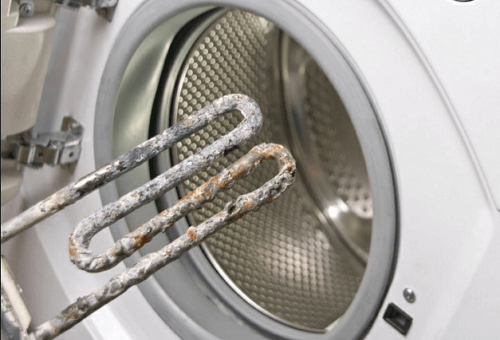
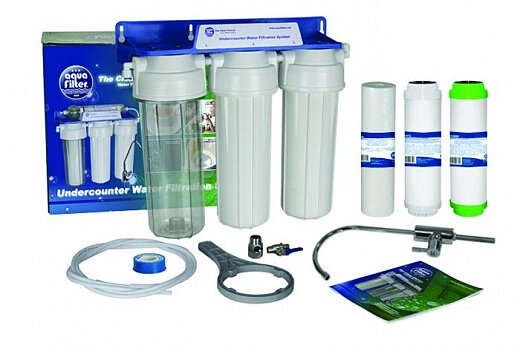
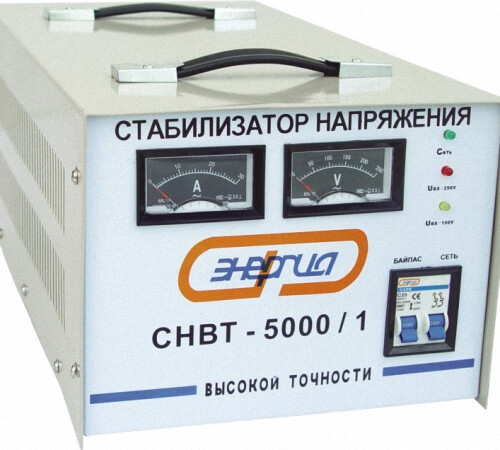
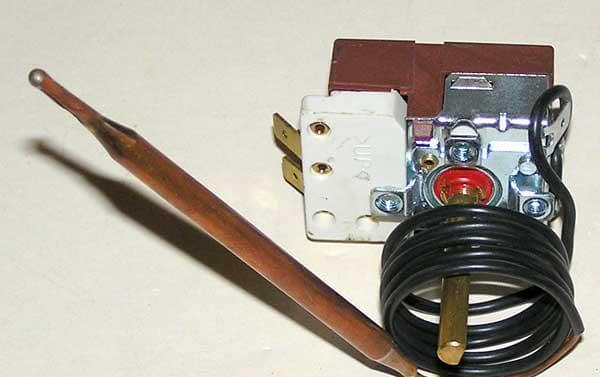

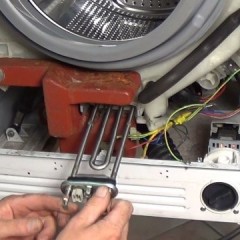
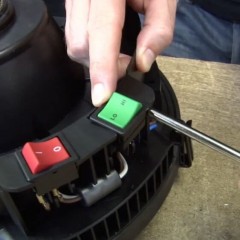
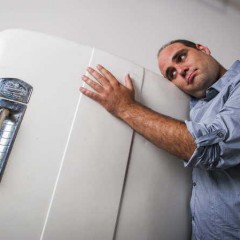

With a decrease in voltage, the current decreases, but does not increase. Heating elements do not burn often and the price ranges from 600 to 1100 Is it worth buying an expensive stabilizer? Doubtful rational decision. If the temperature controller fails, it breaks. In other words, the TSN will simply not turn on. Sticking thermostat contacts is very rare. In this case, the water will simply reach the temperature of the thermal protection, and the heater will turn off. To reduce the temperature with a thermostat is utter absurdity. As an alternative, I can advise you to include a correspondingly powerful choke in series with the heater. An insignificant (4–7 volts) decrease in voltage at the heating element does not significantly affect its power, but significantly increases its service life.
// at low voltage // - He mixed it up with the motor, there really is a current increase at low voltage. Refrigerator compressors are on.
Then why two have already burned down, the last six months worked